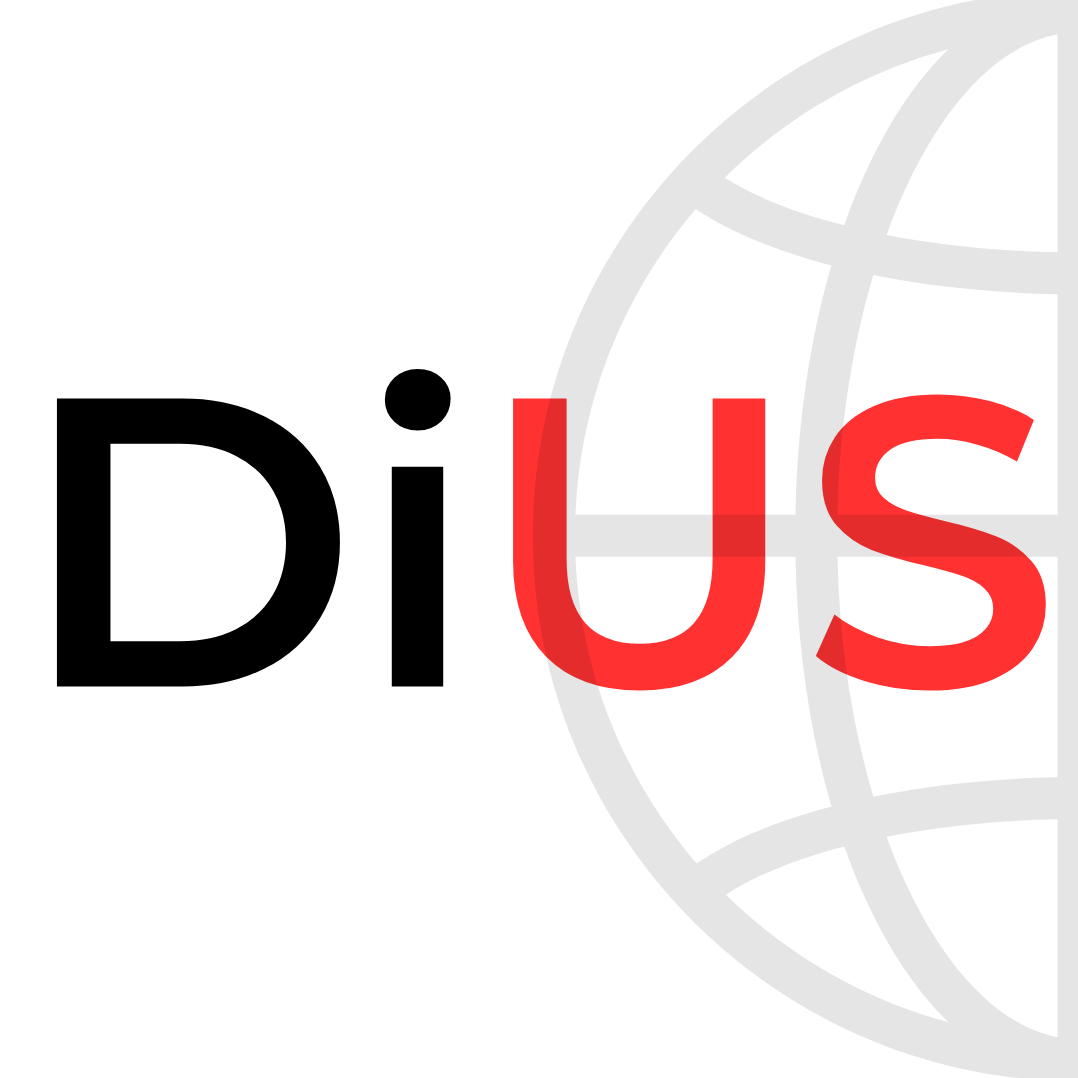The Federal Trade Commission is investigating OpenAI for possible violations of consumer protection law, seeking extensive records from the maker of ChatGPT about its handling of personal data, its potential to give users inaccurate information and its “risks of harm to consumers, including reputational harm.” The probe threatens to complicate OpenAI’s relationship with policymakers, many of whom have been wowed by the company’s technology and its CEO, Sam Altman. It also could focus further attention on OpenAI’s role in a sprawling debate about the threat that generative artificial intelligence may pose to jobs, national security and democracy. In a 20-page investigative demand this week, the FTC asked OpenAI to respond to dozens of requests ranging from how it obtains the data it uses to train its large language models to descriptions of ChatGPT’s “capacity to generate statements about real individuals that are false, misleading, or disparaging.” A laptop keyboard and ChatGPT on AppStore displayed on a phone screen are seen in this illustration photo taken in Krakow, Poland on June 8, 2023. Jakub Porzycki/NurPhoto/Getty Images OpenAI, maker of ChatGPT, hit with proposed class action lawsuit alleging it stole people’s data The document was first reported by The Washington Post on Thursday, and a person familiar with the matter confirmed its authenticity to . OpenAI didn’t immediately respond to a request for comment. The FTC declined to comment. The FTC probe is the clearest example yet of direct US government regulation of AI, as lawmakers in Congress struggle to get up to speed on a rapidly evolving industry ahead of an expected push this fall to draft new legislation affecting the sector. US efforts have largely lagged well behind other global policymakers. European Union lawmakers, for example, are barreling toward finalizing landmark legislation bans the use of AI for predictive policing and applies restrictions to high-risk usage scenarios. The FTC investigation comes after the agency’s repeated warnings to businesses not to make overheated claims about AI or to misuse the technology in discriminatory ways. It has said in blog posts and public remarks that companies using AI will be held accountable for any unfair and deceptive practices linked to AI. As the nation’s top consumer protection watchdogs existing congressional mandate provides ample authorityTC to prosecute abusive uses of AI For instance while GPT’ tools can produce content such “that is nonsensical” or “untruthful”, the white paper says, the model may lead to broad-based discrimination against minorities or other vulnerable groups. OpenAI has been upfront regarding some of the limitations associated with its products. For example: the white paper linked to GPT’s latest release, GPT-4, explains there
The Federal Trade Commission is investigating ChatGPT-maker OpenAI for potential harm to consumers. The company is a non-profit research organization that specializes in artificial intelligence.

khawajausman
Related Posts
-

OpenAI’s head of trust and safety is stepping down. He will be replaced by the company’s chief operating officer, who is also its chief security officer.
-
Visa and Mastercard can now be used on China’s biggest payment apps. Visa and Mastercards can be used to pay for goods and services on the apps.
-

TSMC says skilled worker shortage delays start of Arizona chip production. TSMC says it needs skilled workers to meet demand for chips.
